
OR
RJPN registration
It is slowly becoming clear that the unity among the six small Madhesi parties that came together to form the Rastriya Janata Party Nepal (RJPN) back in April was something arranged in haste and with every passing day the unity is unraveling. Senior party leaders are feuding over whether or not the party was right to boycott the second phase of local election on June 28. But there seems to be an even bigger dispute over the question of seniority of its leaders that is now threatening to boil over. Established Madhesi leaders like Hridayash Tripathi and Sarbendranath Shukla were unhappy from the time of unification, as they chaffed as being left out of the six-member RJPN presidium.
Particularly galling was the fact that while they were being sidelined, leaders like Anil Jha and Mahendra Yadav, who are much junior to them in terms of their involvement in Madhesi politics, were enlisted in the presidium. Now these disagreements are coming to the surface. The RJPN could not register with the Election Commission on Wednesday, as planned, because of this in-fighting. This is unfortunate. Registration would have been an important milestone, one that could potentially ease the way for the third phase of local elections on September 18.
The RJPN has come to the right realization that its policy of boycotting and disrupting local elections was not working; worse, it seemed to be backfiring. Around 73 percent of eligible voters took part in each of the first and second rounds of local elections, with comparable turnouts even in the Madhesi areas of Provinces 1 and 5. The RJPN’s call of boycott went largely unheeded. In fact, many RJPN leaders took part in the second phase as independent candidates by going against the party’s directive. A sizable segment of RJPN was in favor of taking part in the electoral process as it feared that the party would otherwise be decimated in Madhes. Whatever its leaders may say in public, it is with this thinking that the party was trying to get itself registered on the eve of the third phase of voting. Party insiders say that, some delays notwithstanding, registration is only a matter of time, for the RJPN has no other option than to endorse the popular elections.
The three sets of the constitutionally-mandated elections and the task of constitution amendment to the liking of protesting parties are two separate issues. So there is no reason any delay in constitutional settlement should also hinder the electoral process.
The elections are already late. Holding the remaining local elections as well as the provincial and federal elections, all by the January 21, 2018 deadline, is going to be a tall order. The government’s single-minded focus should thus be on making these elections happen and thereby to give the country a definite course with the implementation of the new constitution. As we have all along maintained, the demands of the RJPN should be accommodated as far as practicable, but not at the cost of denying the sovereign people their inalienable right to vote.
You May Like This

Jim posts tribute to late girlfriend Cathriona
LOS ANGELES, Oct 10: Hollywood actor-comedian Jim Carrey has posted a tribute to late girlfriend Cathriona White amid wrongful death lawsuit.... Read More...

NAJA collects funds to help children of the late journalist Neupane
CALIFORNIA, Nov 16: The Nepal-America Journalists' Association (NAJA) has launched a fundraising campaign for the welfare of the children of... Read More...
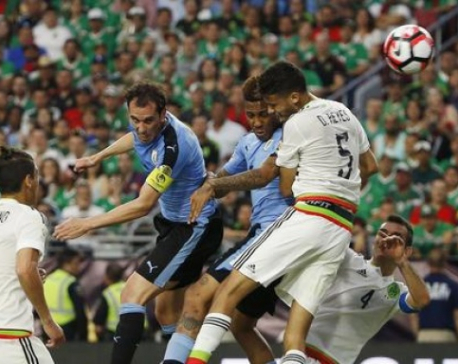
Marquez, Herrera score late, Mexico beats Uruguay 3-1
Rafa Marquez and Hector Herrera scored late goals to lift Mexico over Uruguay 3-1 in an opening-round ... Read More...





Just In
- Nepalgunj ICP handed over to Nepal, to come into operation from May 8
- Nepal to gift two elephants to Qatar during Emir's state visit
- NUP Chair Shrestha: Resham Chaudhary, convicted in Tikapur murder case, ineligible for party membership
- Dr Ram Kantha Makaju Shrestha: A visionary leader transforming healthcare in Nepal
- Let us present practical projects, not 'wish list': PM Dahal
- President Paudel requests Emir of Qatar to initiate release of Bipin Joshi
- Emir of Qatar and President Paudel hold discussions at Sheetal Niwas
- Devi Khadka: The champion of sexual violence victims



_20240423174443.jpg)





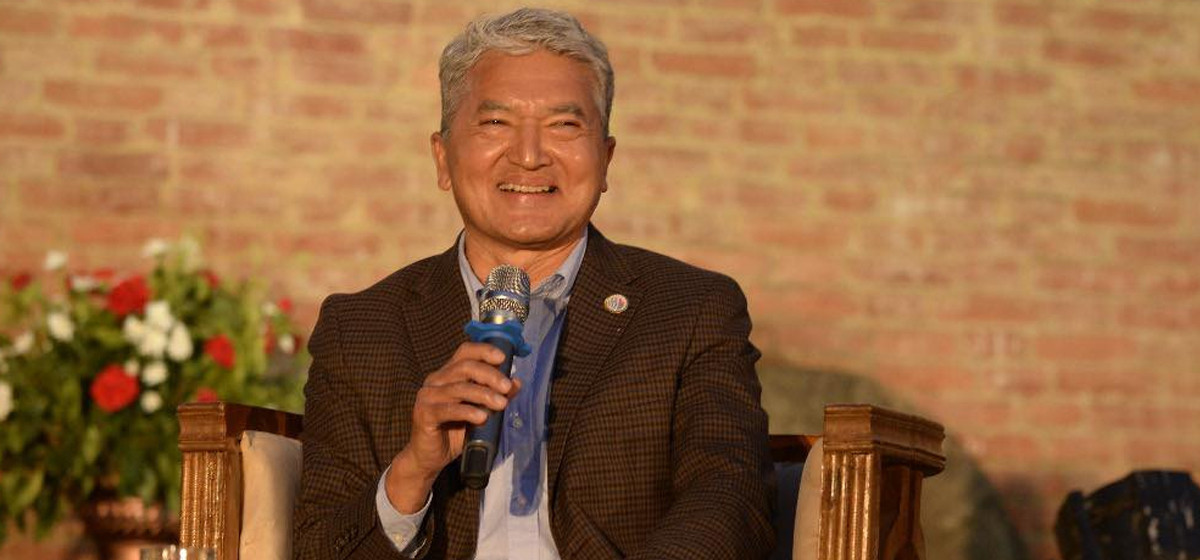
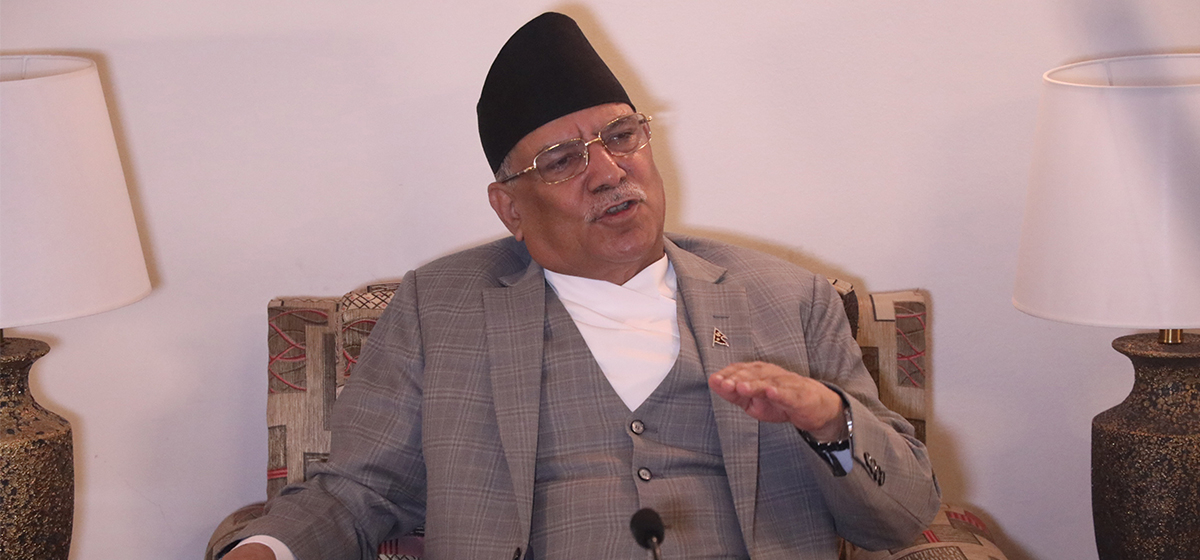

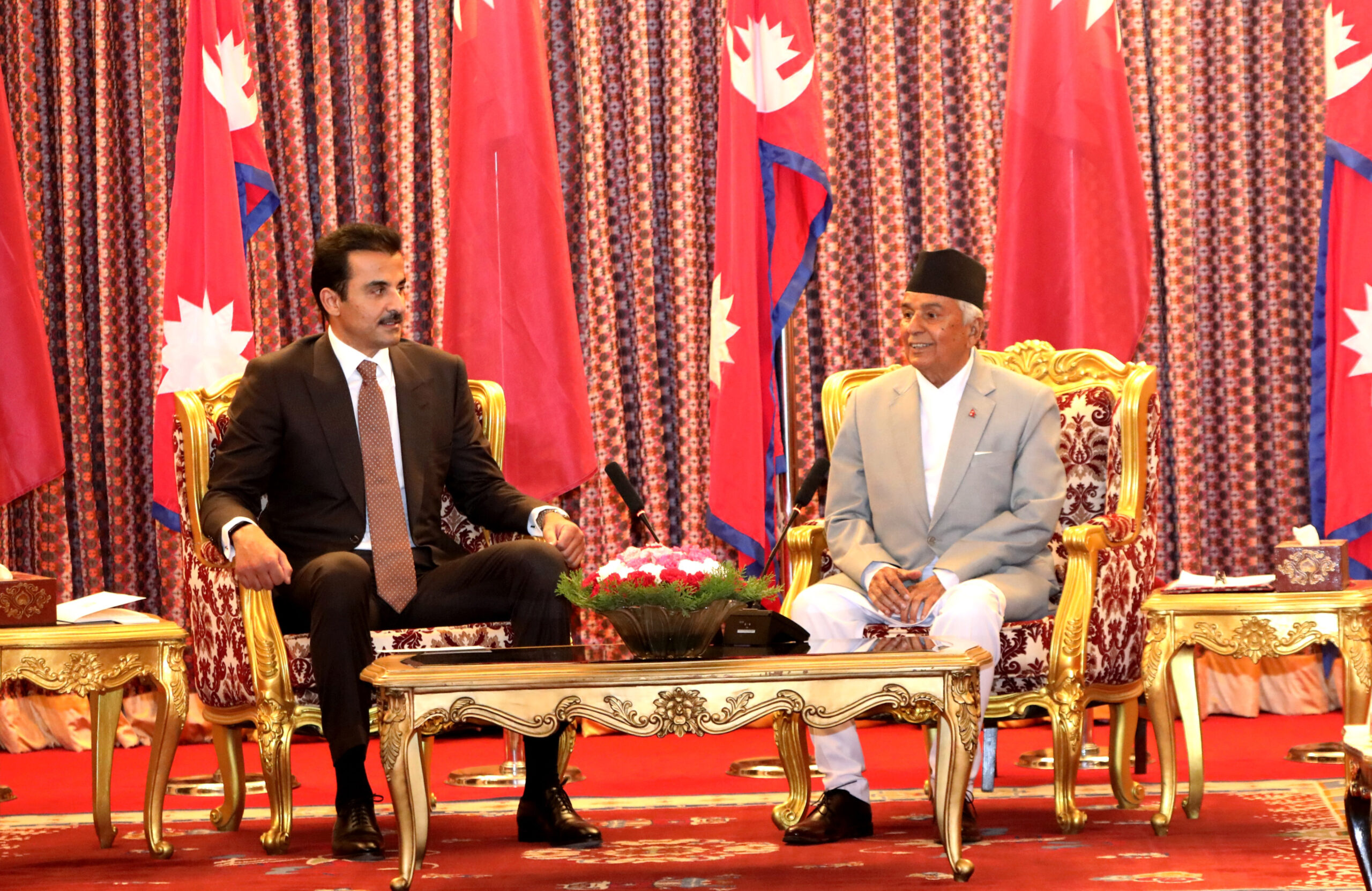
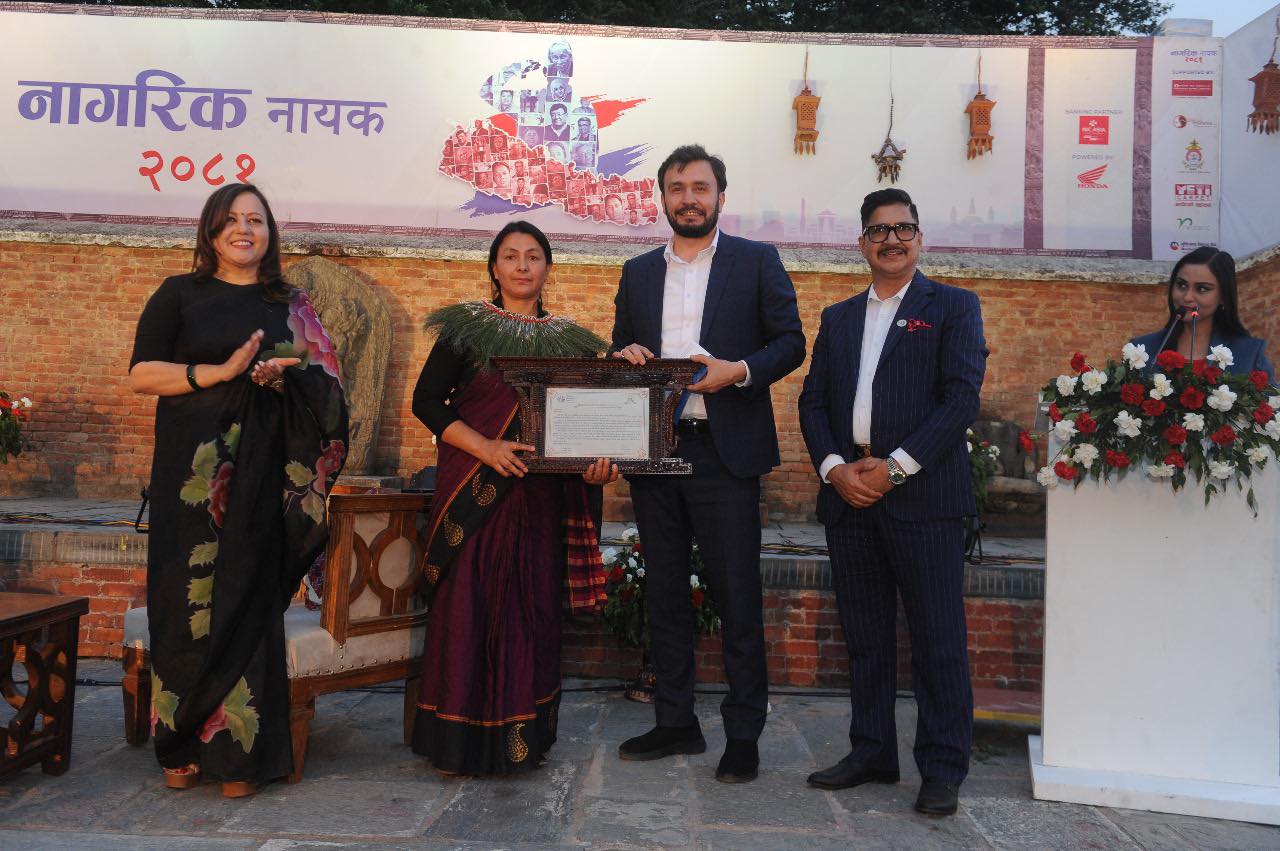
Leave A Comment